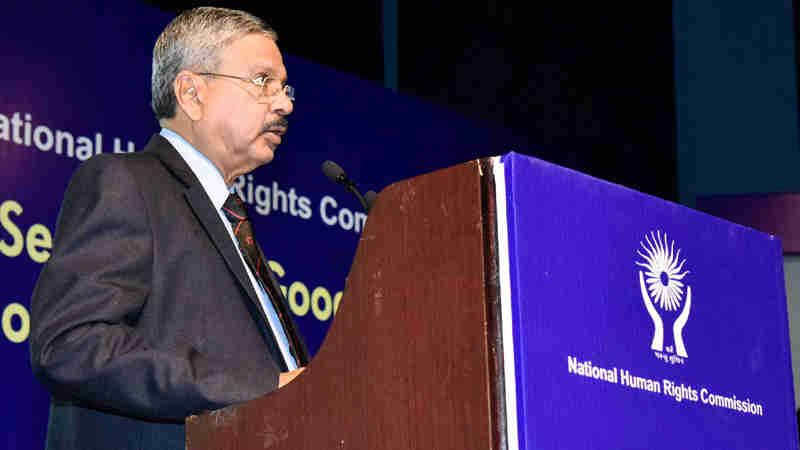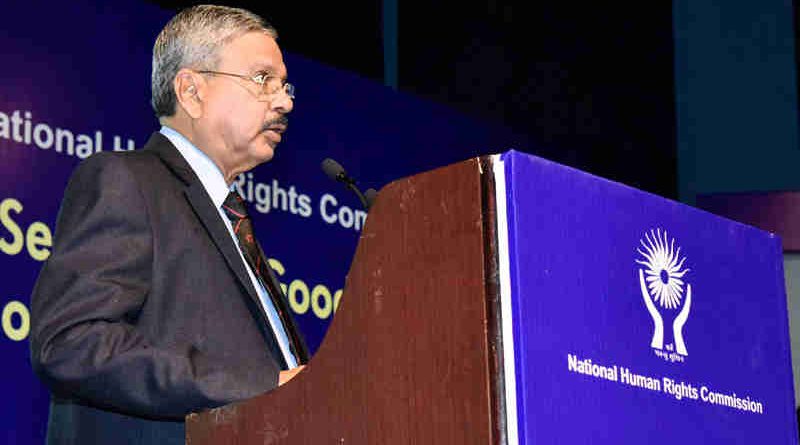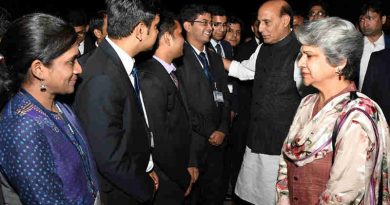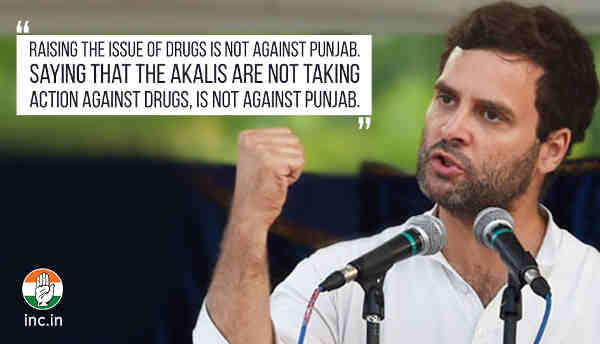UN Experts Demand the Release of Human Rights Defender Saibaba in India

UN experts* have called on Indian authorities to immediately release human rights defender Dr. G.N. Saibaba, a person with disabilities whose health is seriously deteriorating and who reportedly continues to be held in solitary confinement at a Maharashtra prison.
“Dr. Saibaba’s health problems require immediate and sustained medical attention and are reaching a point of being life-threatening,” the experts said Tuesday.
Dr. Saibaba has been a leading voice defending the rights of religious minorities, adivasis (tribals) and Dalits. He was sentenced to life imprisonment in 2017 for “waging war against the State”, among other charges. On 25 March 2019, his application for bail and suspension of sentence on medical grounds was rejected by the Bombay High Court.
He continues to be detained in inadequate conditions of detention in so-called “anda cells”, with no windows, extreme temperatures, and inaccessible facilities. Dr. Saibaba also lacks reasonable accommodation in detention, that is, the necessary and appropriate modifications and adjustments to enable him to enjoy his human rights as any other prisoner.
#India: UN experts call on the authorities to immediately release #HumanRights defender Dr. G.N. Saibaba, a person with disabilities whose health is seriously deteriorating & who reportedly continues to be held in solitary confinement.
👉 https://t.co/8uVsQU02ej pic.twitter.com/SAZvkCnKkw
— UN Special Procedures (@UN_SPExperts) April 30, 2019
At the time of his arrest in 2014, Dr. Saibaba suffered an injury to his left hand, and has not been provided with appropriate medical treatment and rehabilitation. The latest reports indicate that he is in extreme pain and is no longer responding to drugs and sedatives.
“India is bound by its international obligations to ensure that persons with disabilities deprived of their liberty are provided with reasonable accommodation, accessible healthcare, as well as continuous and appropriate medical treatment and rehabilitation,” the experts said.
“The denial of such conditions can be considered a form of discrimination, and may amount to torture or ill-treatment,” they added. “Moreover, prolonged solitary confinement may amount to cruel, inhuman or degrading treatment or punishment and, in some circumstances, even to torture,” they said.
Since last June, UN experts contacted the Government of India on several occasions to raise the issue of the detention and conditions of imprisonment of Dr. Saibaba, including the lack of reasonable accommodation and of access to healthcare. To date, they say, they have not received any reply.
*The UN experts: Catalina Devandas, Special Rapporteur on the rights of persons with disabilities; Michel Forst, Special Rapporteur on the situation of human rights defenders; Dainius Pūras, Special Rapporteur on the right of everyone to the enjoyment of the highest attainable standard of physical and mental health; Nils Melzer, Special Rapporteur on torture and other cruel, inhuman or degrading treatment or punishment, and Ms Agnès Callamard, Special Rapporteur on extrajudicial, summary or arbitrary executions.






